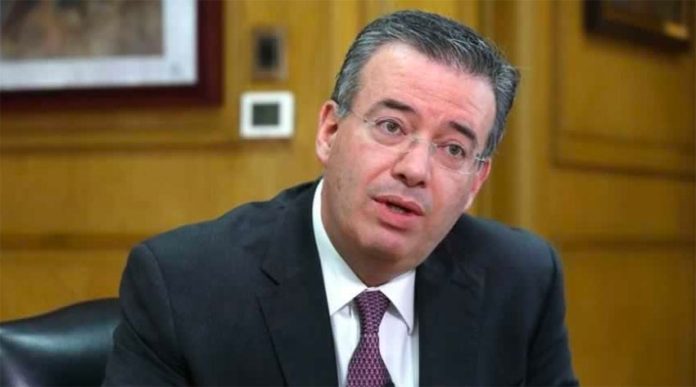Inflation fell to its second lowest end-of-year rate ever in December, adding to expectations that the central bank will continue to cut interest rates this year.
The national statistics agency Inegi reported Thursday that consumer prices rose 2.83% in December compared to the same month a year earlier. The figure is 2% lower than the 4.83% inflation rate recorded in December 2018.
Lower pressure on prices for some agricultural products – such as chicken, avocados, oranges, limes and serrano peppers – and energy products drove the decline in inflation compared to November when the rate was 2.97%, Inegi said.
The only occasion on which the year-end rate was lower was in December 2015 when inflation fell to 2.13%. The 2.83% rate is the lowest for any month since August 2016 when consumer prices rose 2.73%.
The inflation rate in December was within the Bank of México’s target range for the seventh consecutive month. The central bank targets 3% annual inflation with tolerance of 1% in both directions.
The core price index, which doesn’t consider some volatile food and energy prices, rose 3.59% in December, Inegi reported, the smallest increase in nine months. The non-core index, which monitors products whose prices are most susceptible to fluctuations, increased 0.59% in December, the lowest increase ever recorded.
Among the products whose price increases in December exceeded the inflation rate were tomatoes, onions, airline tickets and LP gas.
Lower inflation and a stagnant economy have led many analysts to predict that the central bank will cut rates for a fifth consecutive time at its board meeting in February. The last cut came on December 19 when the bank’s benchmark rate was reduced by a quarter point to 7.25%.
Bank of México Governor Alejandro Díaz de León said on December 23 that the bank was prepared to ease rates again in February if inflation and internal and external risks remain low.
Source: El Financiero (sp)
